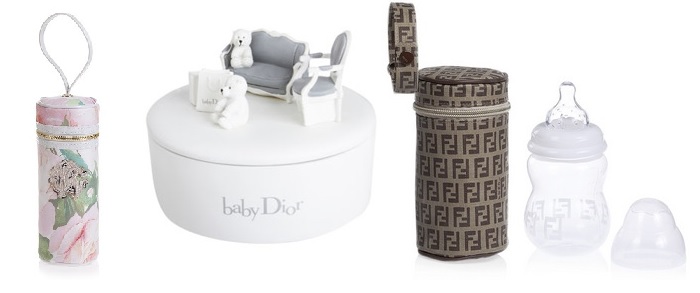Child First Walk
Parents often ask when their child will start to walk. But this depends of the development stage you child is in. For some children, that means at nine months; for others, eighteen months. The age at which a healthy child walks has no effect on or connection with his intelligence, yet parents often feel pressure if their child is a late walker. There’s no need to try and teach your child to walk. Although it might be fun for you to hold your child’s hands and let him walk along, such an exercise will not help him walk alone any faster. Try to be patient and wait until he’s ready for this stage of development.
He’ll prepare for independent walking by first learning to pull himself up to a standing position while holding onto furniture. Once he’s mastered this skill (which might take days, weeks, or even months), he’ll begin to take steps while holding onto furniture or onto your hand. Eventually, he’ll let go and take some steps alone.
When your child starts walking, he’ll be so delighted with himself that he’ll hardly notice his frequent falls. As your child begins to stand and walk, his perspective will change. Before, he looked at everything from ground level, but once he’s upright, he’ll see more. People, objects, and even his own body will look different. He’ll be able to reach more things and to roam farther and faster, and that means you’ll have to continue childproofing his environment.
You’ll find that one of the most delightful aspects of this developmental stage is your child’s ability to go for walks with you. As soon as he’s steady on his feet, take him for a leisurely walk outside. Walk at his pace, sometimes letting him choose the direction, and see how many wonderful discoveries he makes. He’ll want to stop and examine pebbles, grass, worms, and flowers, and if you bring a collecting bag along, he can take some treasures home.
Read in Magazine
You must be logged in to post a comment.
click here to log in













































